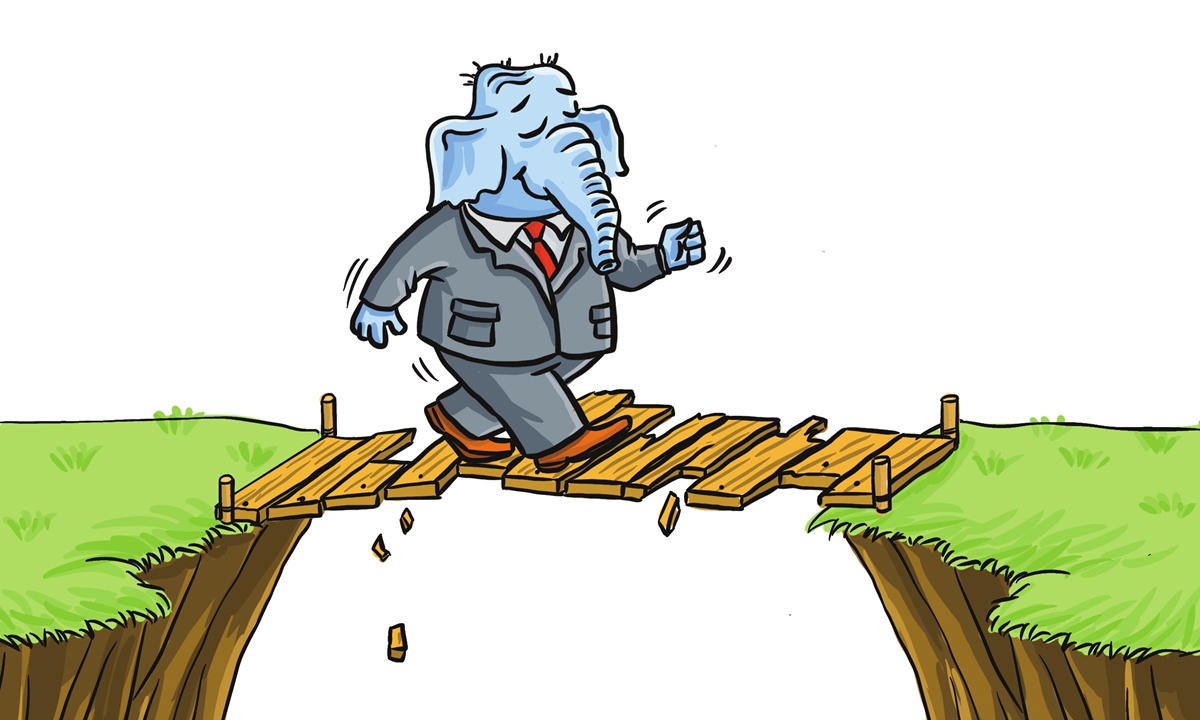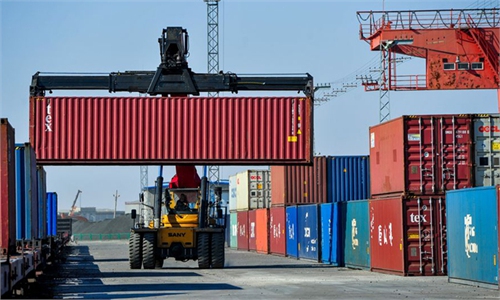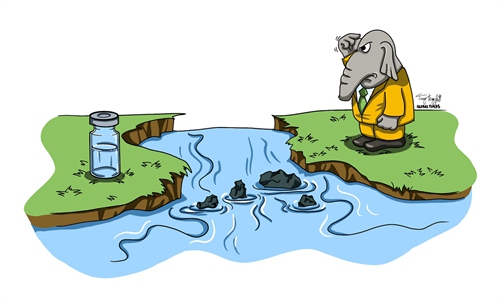COMMENTS / EXPERT ASSESSMENT
Economic policy revision more important than boasting about India’s recovery

Illustration: Xia Qing/GT
Since the India drug regulator's hastened approval of its COVID-19 vaccine over the weekend, market confidence in the South Asian country has clearly been shored up, with some analysts even appearing to be overly optimistic.India wants to reclaim its title as the world's fastest-growing emerging economy, with an estimated 9.7-percent growth in 2021, London-based data and analytics firm GlobalData said, according to qz.com on Tuesday.
Indeed, the vaccination seemed to have become a powerful confidence boost for the struggling virus-hit third largest economy in Asia. Supported by the vaccine boost, India's indices edged higher on Wednesday, with the benchmark BSE sensex continuing the recent uptrend.
While reflecting market sentiment, India' stock market performance in fact can't objectively reflect the fundamentals of the economy. It's not hard to find that India's benchmark indexes in the past had experienced rallies even when the country's economic performance was not so satisfactory.
In addition, overly confident forecasts may not be enough to achieve a respectable recovery of India's economy as well. Instead, irresponsible boast tends to be more harmful to the struggling economy, as it could easily cover the inherent structural problems and lead to inefficient economic policies.
Policymakers in India should have clear perception that the historic depression the country suffered in 2020 was not entirely due to the virus, but more of an inevitable result of the false economic policies before and during the pandemic. The coronavirus has only worsened the difficulty the economy faced, and was not the fundamental reason of the sharp contraction.
India's economy steered towards downturn before the outbreak of the pandemic, the main sectors including banking, real estate and non-banking financial institutions had long been problematic, reflecting the deep structural issues that restrict its economy.
After the financial crisis in 2008, India was not able to roll out effective reform but just cover up the structural problems. If these wrong economic policies can't be corrected in a timely manner and being replaced by relative efficient measures, India's economy will be hard to be shored up.
Since Modi took office, his government's economic policies have gone further in the wrong direction. From discriminative policies toward businesses and goods from China and other countries to reject the Regional Comprehensive Economic Partnership, Modi administration's economic policy keeps tilting toward a conservative direction and economic nationalism. Although Modi has been promoting its self-reliance approaches, its manufacturing industries are lumbering.
If India really wants to remove its economic predicament, and see a post-pandemic recovery as soon as possible, the Indian government should change its current twisted course, and proactively participate in the Asian industrial and value chain, accelerate opening up its market to other countries, rather than continue its discriminative approaches. Although it would be difficult for India given its political structure and complex market structure, it's the only way to boost its economy.
The author is secretary-general of the Research Center for China-South Asia Cooperation at Shanghai Institutes for International Studies. bizopinion@globaltimes.com.cn


